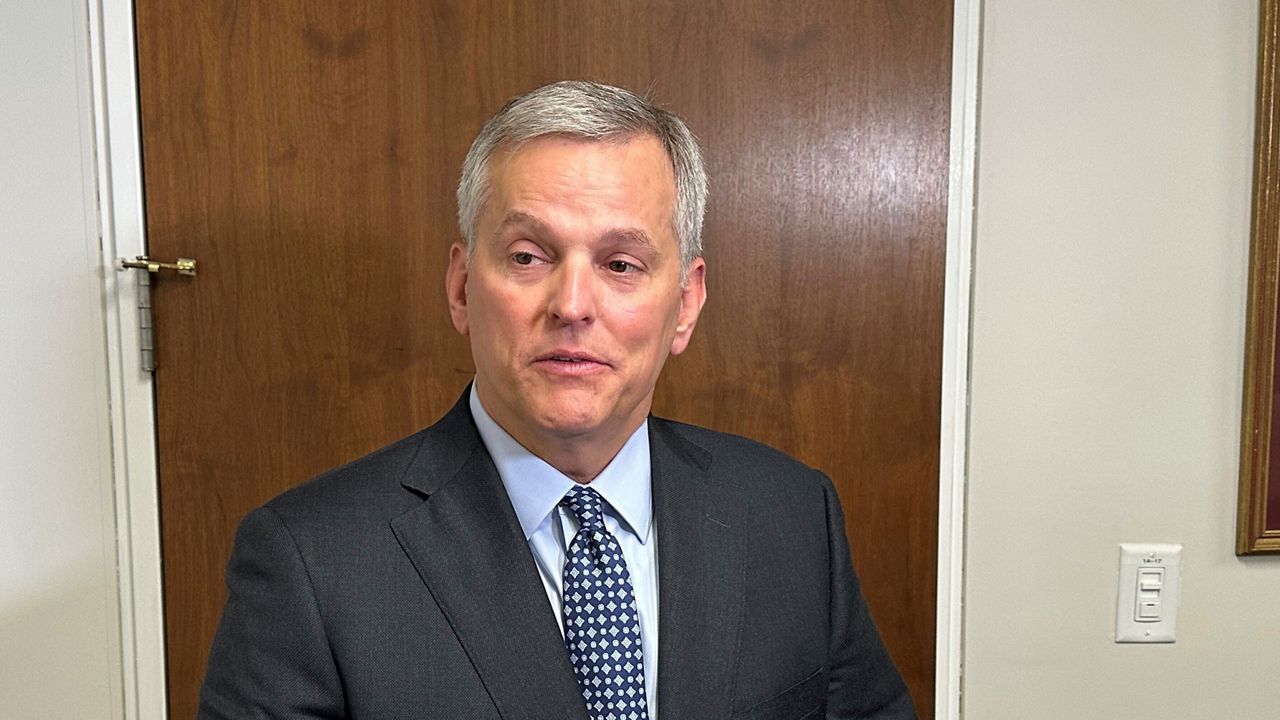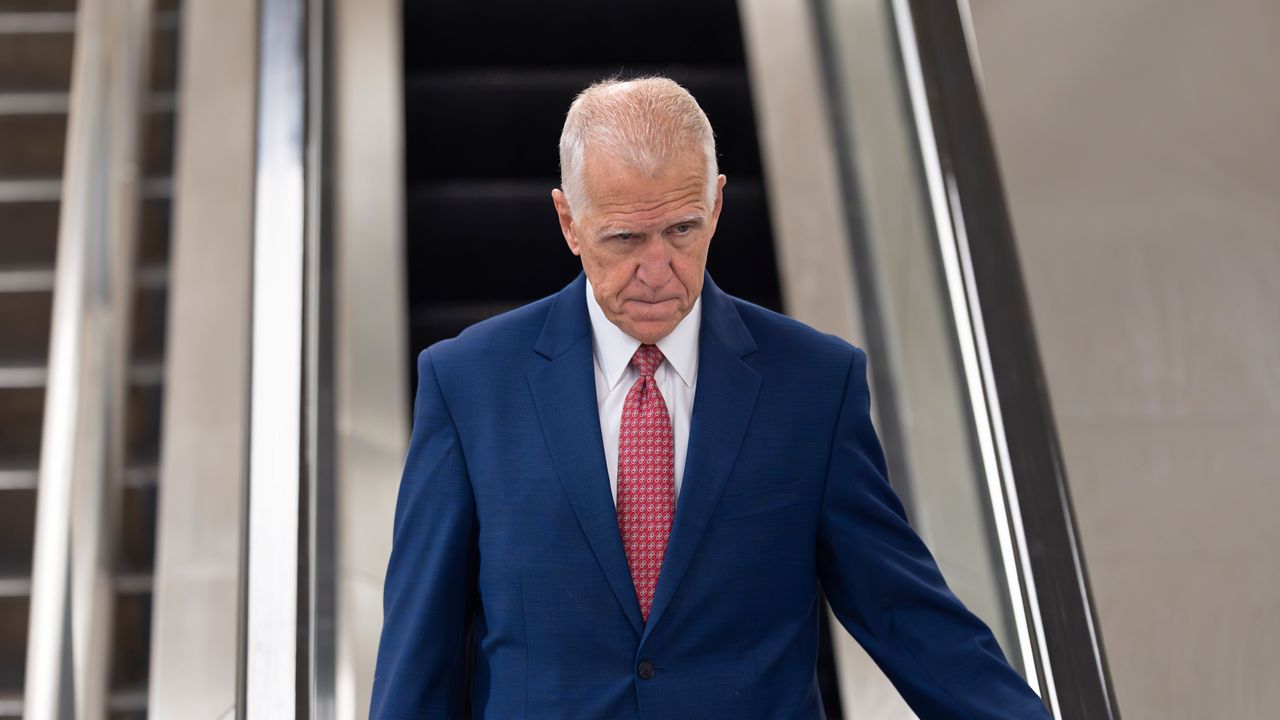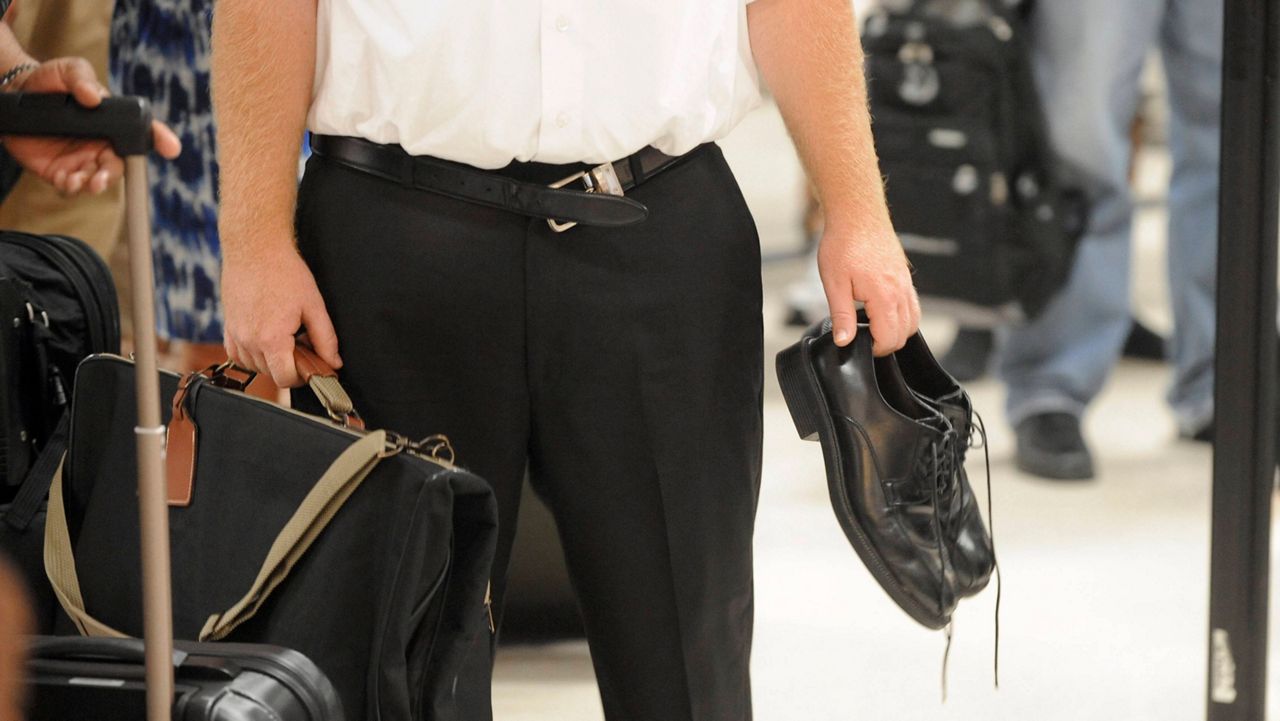Name, image and likeness (NIL) payments have shaken up the world of college sports the past few years.
The payments have allowed some athletes to earn lots of money off their name and fame, but college athletes from overseas generally are barred from accepting NIL money.
There are around 25,000 international student-athletes in the NCAA, which is around 5% of all student-athletes in the NCAA. While the international athletes can earn money in their home countries, they are pretty much banned from doing so in the U.S.
Players like former Purdue basketball star Zach Edey, who is from Canada and likely would have earned millions of NIL dollars, generally cannot cash in on their athletic prowess.
“While there are still methods of getting them money through passive engagements, or rather strenuous runarounds, they are missing out on a lot of national brand deals,” Loyola University Chicago Instructor Noah Henderson said.
And lesser-known student-athletes from overseas are pretty much completely blocked from getting NIL money in the U.S.
“It can be very challenging for us, first because obviously the living standards from what we have back home, and here, are very different. So, it can be very financially difficult already,” said Queens University of Charlotte swimmer Matej Dusa, who’s from Slovakia.
A new bill in Congress would open the floodgates for international athletes.
“It’s way of leveling the playing field,” said Democratic Rep. Valerie Foushee, who co-introduced the bill with Republican Rep. Mike Flood.
The bipartisan bill, which was also introduced in the Senate by Sens. Pete Ricketts and Richard Blumenthal, would modify F-1 visas to allow international student-athletes to profit from NIL.
“I don’t think in recruiting it will do much, but in terms of fairness, and in terms of making sure an athlete born in the United States, and that’s a citizen, is treated the same as their international peers, will probably help with some form of team chemistry and overall equality,” Henderson said.
While there are many bills in Congress focused on NIL, Foushee said she would be open to including her bill on international athletes in a bigger piece of legislation focused on reforming NIL.
While NIL money is most common in sports like basketball and football, some swimmers have been able to make money too, opportunities Dusa said he’s been presented with but had to politely decline.
“Multiple times I’ve literally said the sentence, ‘I’m an international student. I’m not allowed to take an NIL deal. I’ll have to turn this down,’” Dusa said.
The legislation would be a chance for Dusa to benefit and to give everyone an equal chance.
“Keeping the equality within the teams, you know that everyone would be able to get an NIL deal would be fair,” Dusa said.









